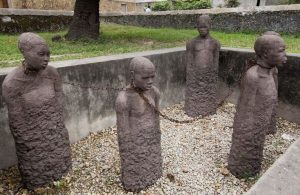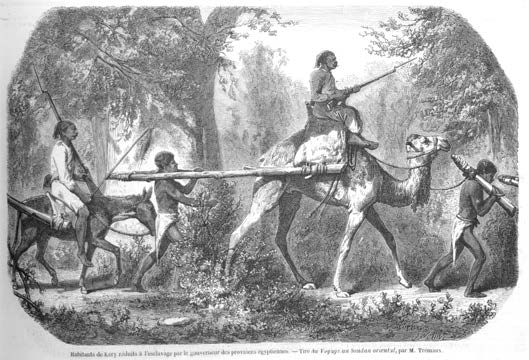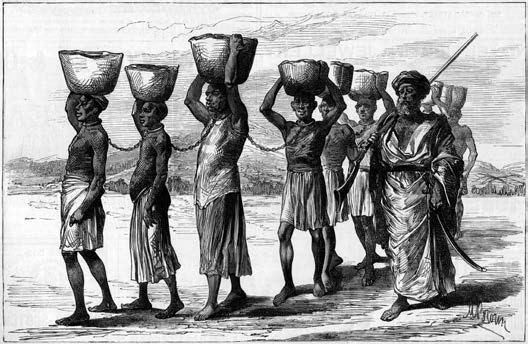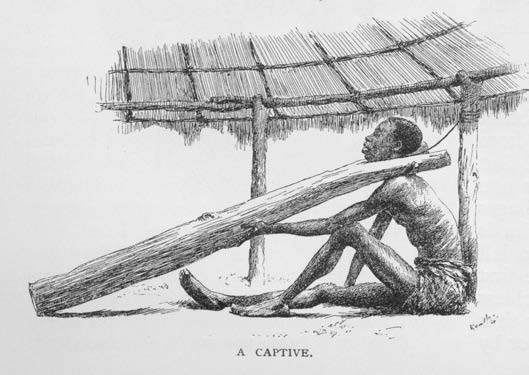The institution of slavery has characterised most human societies in different forms and degrees. Economic structures of ancient centralised societies such as Ancient Egypt, Greece and Rome, for example, were based on the exploitation of slave labour.
The Italian term “schiavo” (such as German Sklav, French esclave and English slave) comes from Medieval Latin sclavus or slavus and from Byzantine Greek sklavos; first used as early as the thirteenth century, all these words indicate the Slavic origin of many slaves in Europe at that time.
Statue by Denis Foyatier, 1847 Palais des Beaux-Arts de Lille. Photo by Sailko
Wikimedia Commons
Photo by Alexandre Brignoli, Kenny and Jenny Jacobson Orientalist Collection
The Getty Research Institute Digital Collections
Photo by Ji-Elle
Wikimedia Commons
Photo by Sevde Sevan
Shutterstock
Slavery has existed in history in many different forms, but a number of features distinguish it from other types of exploitation: a slave is considered to be a legally recognized property, is subjected to a high level of coercion, stigma and marginalization, and is not recognized as the legal parent of his/her own children.
Within the wide range of historical cases, the Atlantic slave system, characterized by the capture, commerce, transportation and exploitation of enslaved African women and men in the Americas, is a major case because of the global extent it had, the role it played in the process of racialization of social relationships, which still exists today, and finally because of its impact on African societies.
«Since in the West, and in particular in the Americas, the commercial value of a slave has become the norm, the concept of slave has been defined: one person who can be bought and sold – not only his/her work or only his/her sexuality, but he himself/she herself as a person.»
(Catherine Coquery-Vidrovitch, The Slave Routes, 2021)
[Traduzione dal francese a cura di Biblioteca Amilcar Cabral]
«L’Illustration», Paris, 1856
Slavery Images
«Illustrated London News», March 16, 1889
Slavery Images
E. J. Glave, The Slave-Trade in the Congo Basin. By one of Stanley’s pioneer officers. Illustrated after sketches from life by the author,«The Century Illustrated Monthly Magazine», 1889-1890
Slavery Images
Wars and raids were the main means of slave supply, but in many cases people were enslaved as a punishment, for example for offending the sovereign, or for not paying a debt.
Enslaved people performed different duties depending on their gender and the needs of the owners. They could be employed as plantation and mine workers, house servants, soldiers, middlemen or emissaries of their owners, or as eunuchs and concubines.
Citazioni di testi originali risalenti ai secoli XVIII-XX possono contenere termini e parole in uso al tempo e che ora sono considerate inaccettabili e offensive.
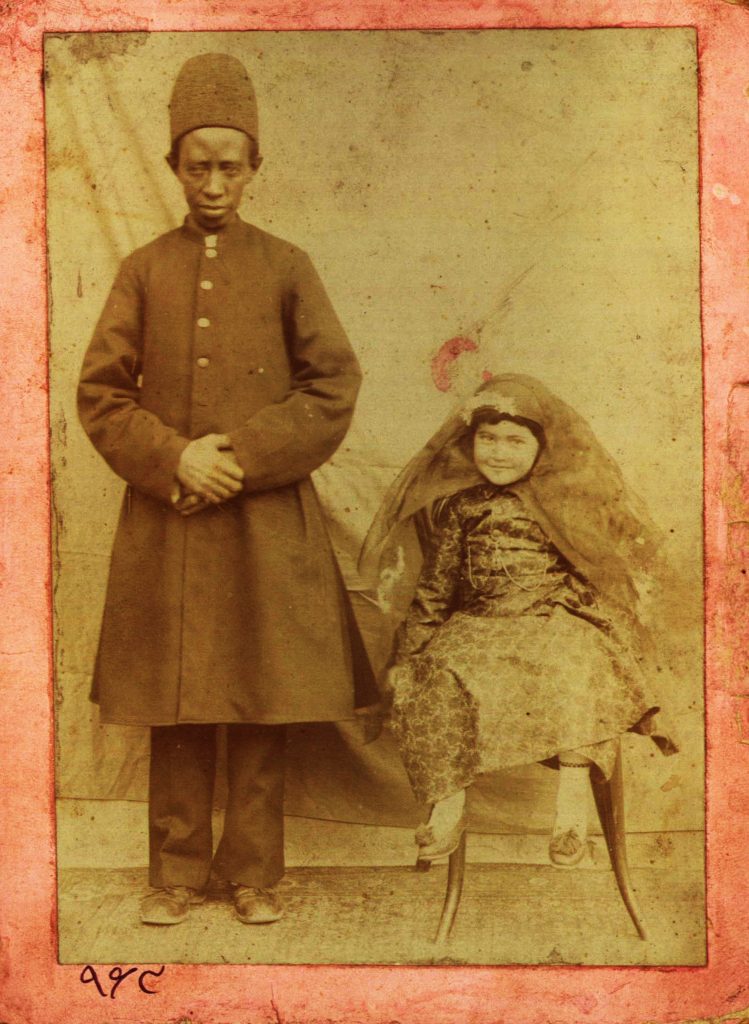
Photo by unknown photographer
Central Library, University of Tehran, Tehran, Iran
Wikimedia Commons
Eunuchs were men who had been castrated. Since they could not have children, they were considered very reliable as servants, especially in the courts of the Middle East.



